by John McKnight
Co-Director of the Asset-Based Community Development Institute and Director of Community Studies of the Institute of Policy Researh, Northwestern University.
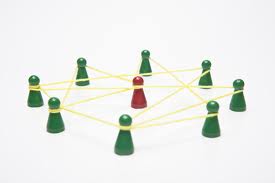
There is a new worldwide movement developing, made up of people with a different vision for their local communities. They know that movements are not organizations, institutions or systems. Movements have no CEO, central office, or plan. Instead, they happen when thousands and thousands of people discover together new possibilities for their lives. They have a calling. They are called. And together they call upon themselves.
In many nations local people have been called to come together to pursue a common calling. It would be a mistake to label that calling ABCD, or Community Building. Those are just names. They are inadequate words for groups of local people who have the courage to discover their own way—to create a culture made by their own vision. It is a handmade, homemade vision. And, wherever we look, it is a culture that starts the same way:
First, we see what we have—individually, as neighbors and in this place of ours.




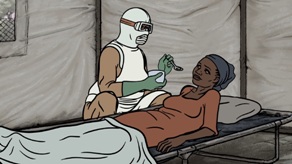
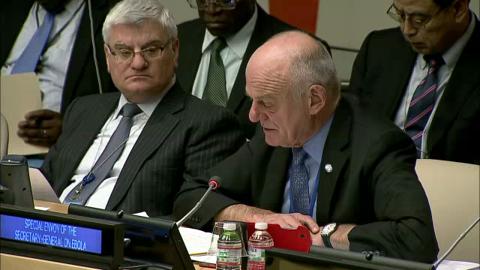
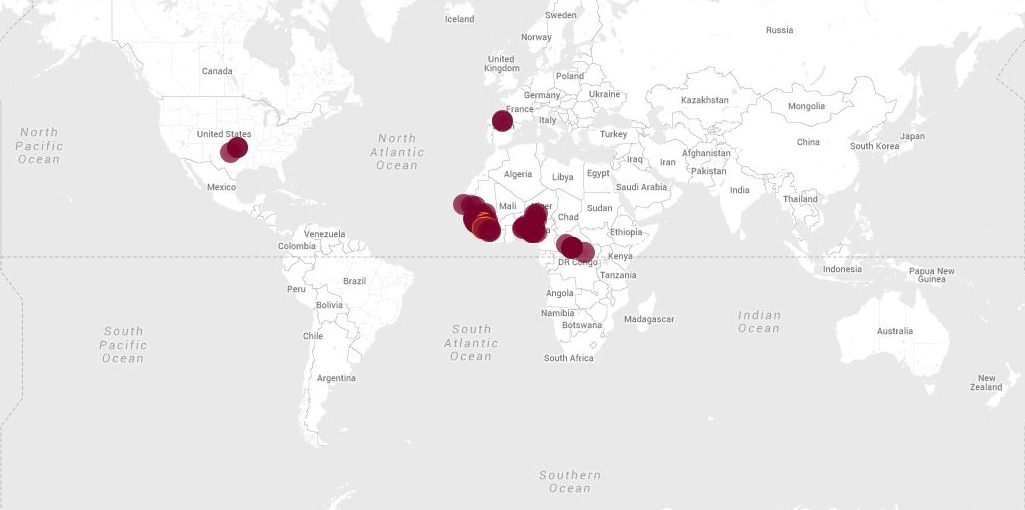

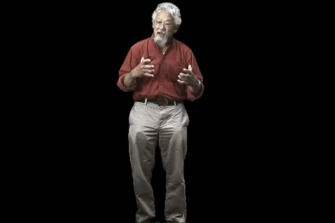
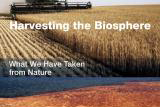
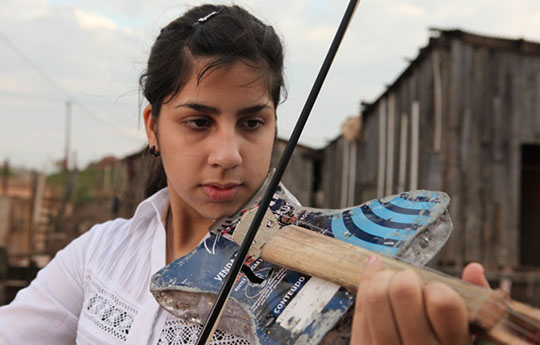







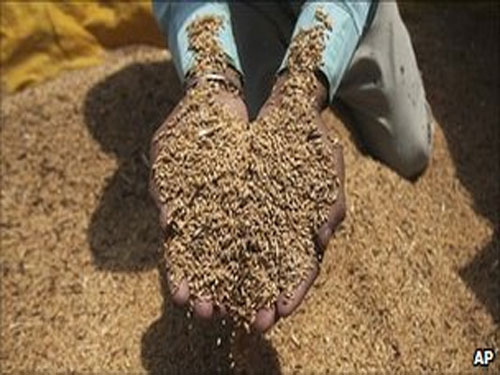
 nationalnursesunited.org - RN Response Network - October 13, 2011
nationalnursesunited.org - RN Response Network - October 13, 2011
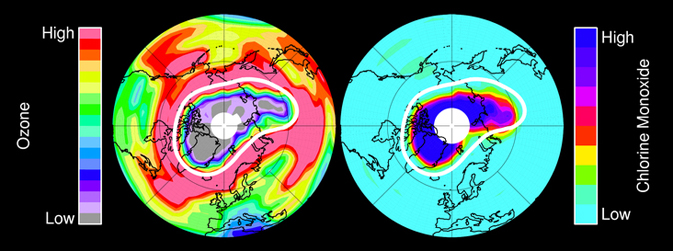


Recent Comments